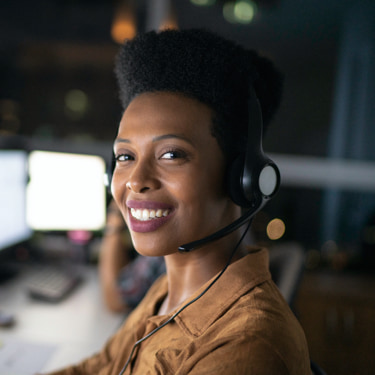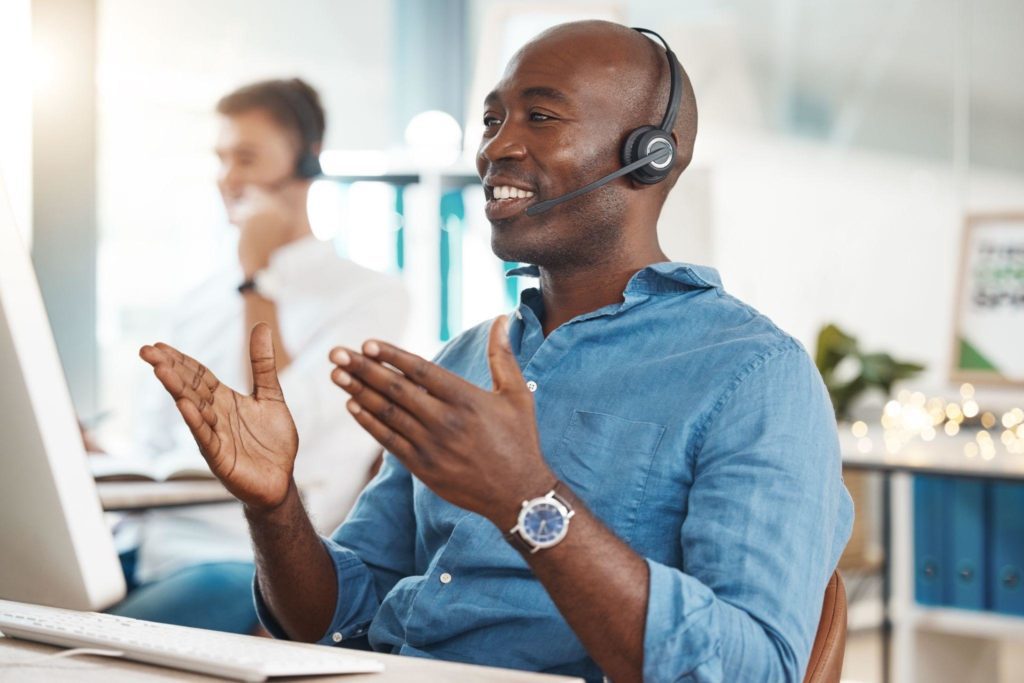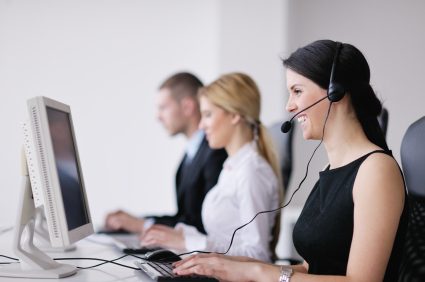All Categories
Featured
Table of Contents
What's The Best Benefits Of Answering Service - Professional Services On The Market
This device and its followers were created by Sava Jacobson, an electrical engineer with a personal consulting service. While early answering makers used magnetic tape innovation, many modern equipment utilizes solid state memory storage; some devices use a mix of both, with a solid-state circuit for the outgoing message and a cassette for the incoming messages.
"toll conserving" below) (phone answering). This is helpful if the owner is evaluating calls and does not wish to consult with all callers. In any case after going, the calling party needs to be informed about the call having been answered (in many cases this begins the charging), either by some remark of the operator, or by some greeting message of the little bit, or resolved to non-human callers (e.
This holds specifically for the TADs with digitally kept greeting messages or for earlier machines (prior to the rise of microcassettes) with a special endless loop tape, different from a 2nd cassette, dedicated to recording. There have been answer-only gadgets with no recording abilities, where the welcoming message had to notify callers of a state of present unattainability, or e (phone answering service).
Best Can Call Service: 24/7 Live Phone Answering Services For Small ...

about availability hours. In tape-recording Little bits the greeting typically contains an invitation to leave a message "after the beep". A voice mail that utilizes a microcassette to record messages On a dual-cassette answerphone, there is an outgoing cassette, which after the defined number of rings plays a pre-recorded message to the caller.

Single-cassette voice mail contain the outbound message at the start of the tape and incoming messages on the staying space. They initially play the statement, then fast-forward to the next offered area for recording, then tape-record the caller's message. If there are lots of previous messages, fast-forwarding through them can trigger a considerable delay.
This beep is often described in the welcoming message, requesting that the caller leave a message "after the beep". Little bits with digital storage for the taped messages do not show this hold-up, naturally. A TAD might use a push-button control facility, where the answerphone owner can call the home number and, by entering a code on the remote telephone's keypad, can listen to taped messages, or erase them, even when away from house.
What Is The Best How Does An Answering Service Work? Company

Consequently the device increases the variety of rings after which it responds to the call (normally by two, resulting in four rings), if no unread messages are presently kept, but responses after the set number of rings (generally 2) if there are unread messages. This allows the owner to find out whether there are messages waiting; if there are none, the owner can hang up the phone on the, e.
Some makers also permit themselves to be from another location activated, if they have actually been changed off, by calling and letting the phone ring a certain a great deal of times (usually 10-15). Some service providers abandon calls already after a smaller variety of rings, making remote activation impossible. In the early days of TADs a special transmitter for DTMF tones (dual-tone multi-frequency signalling) was regionally required for remote control, since the previously utilized pulse dialling is not apt to communicate proper signalling along an active connection, and the dual-tone multi-frequency signalling was carried out stepwise.
Any inbound call is not recognizable with respect to these properties in advance of going "off hook" by the terminal equipment. So after going off hook the calls must be switched to suitable devices and just the voice-type is immediately accessible to a human, however possibly, however must be routed to a LITTLE BIT (e.
Which Is The Best 10 Signs Your Business Needs A Telephone Answering Service Service?
What if I informed you that you do not have to actually get your gadget when responding to a client call? Someone else will. So convenient, best? Responding to telephone call doesn't need somebody to be on the other end of the line. Effective automated phone systems can do the trick just as effectively as a live representative and often even better.
An automatic answering service or interactive voice reaction system is a phone system that interacts with callers without a live person on the line - answer phone service. When companies utilize this innovation, customers can get the answer to a question about your service just by utilizing interactions established on a pre-programmed call circulation.
Although live operators upgrade the customer service experience, many calls do not require human interaction. A basic taped message or directions on how a customer can obtain a piece of information normally fixes a caller's immediate requirement - answering service. Automated answering services are an easy and efficient method to direct incoming calls to the ideal individual.
Best Can What Is An Answering Service?
Notice that when you call a company, either for support or item questions, the first thing you will hear is a pre-recorded voice welcoming and a series of options like press 1 for customer support, press 2 for queries, and so on. The pre-recorded options branch out to other options depending on the consumer's selection.
The phone tree system assists direct callers to the right individual or department utilizing the keypad on a smart phone. In some circumstances, callers can utilize their voices. It's worth keeping in mind that auto-attendant options aren't restricted to the ten numbers on a phone's keypad. Once the caller has actually selected their very first alternative, you can develop a multi-level auto-attendant that uses sub-menus to direct the caller to the right type of assistance.
The caller does not have to interact with a person if the auto-attendant phone system can handle their concern. The automated service can route callers to an employee if they reach a "dead end" and require support from a live agent. It is expensive to hire an operator or executive assistant.
Who Is The Best What Is The Difference Between An Answering Service And ... Manufacturer
Automated answering services, on the other hand, are substantially more economical and supply substantial cost savings at approximately $200-$420/month. Even if you don't have dedicated personnel to handle call routing and management, an automatic answering service enhances performance by permitting your group to concentrate on their strengths so they can more effectively spend their time on the phone.
A sales lead routed to client service is a lost shot. If a client who has item questions reaches the wrong department or gets incomplete responses from well-meaning staff members who are less trained to manage a specific kind of question, it can be a reason for frustration and dissatisfaction. An automated answering system can minimize the variety of misrouted calls, thus assisting your employees make much better usage of their phone time while maximizing time in their calendar for other jobs.
With Automated Answering Systems, you can create a customized experience for both your staff and your callers. Make a recording of your main greeting, and just update it routinely to show what is going on in your organization. You can create as lots of departments or menu alternatives as you want.
Latest Posts
Answering Services For Small Businesses – Perth
Real Estate Answering Service ( QLD)
Exceptional Bilingual Answering Service